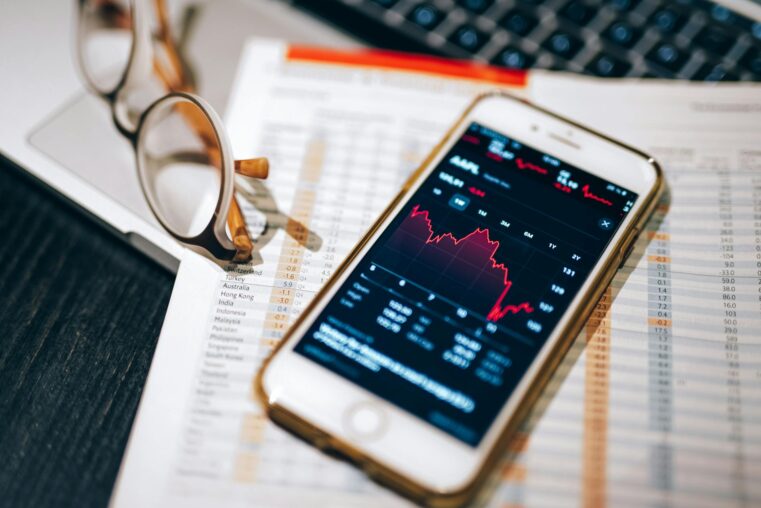If you have ever been stung by unexpected news that shakes the price of a single company or by abrupt stock crashes, you are not alone. It can be emotionally taxing, draining and occasionally unsatisfying to trade individual stocks. When your portfolio is threatened by every CEO scandal or earnings call, it’s natural to wonder if there is a more prudent and steady course for the markets.
Indices are a potent diversification strategy that provides more exposure with less drama. Index trading allows you to access the performance of entire markets, industries or economies rather than tying your destiny to a single business. It’s a method to reduce overreaction to isolated news, even out volatility, and maintain competitiveness. This article examines why traders weary of stock-specific volatility may find that switching to indices is a game-changer.
1. Indices Offer Built-In Diversification Without the Headache
When you trade indices, you’re granted access to many different businesses from a single position. This means that your risk is allocated throughout an entire industry or economy rather than relying on a single company’s earnings assessment. It’s a less complicated, neater way to grow your portfolio without having to perpetually manage individual stock picks or keep track of every corporate development.
2. Indices Reduce Emotional Overreaction from Isolated Events
Stocks can fall drastically overnight due to negative news or managerial alterations. Indices, on the other hand, respond more slowly to individual company-specific information. A stumble by one company in the S&P 500 barely moves the needle. This allows you to base your trades on broader market trends instead of relying on headline anxiety.
3. Indices Reflect Economic Health More Reliably
Rather than tracking the fortunes of a single company, indices function as barometers for entire economies or industries. This macro-level perspective supports traders align their strategies with worldwide patterns and financial cycles. If you want to trade based on broader trends, such as inflation, interest rates or GDP growth, indices offer a more level playing field.
4. Indices Enable Easier Technical Analysis
Because indices symbolize collective movement, they often culminate in cleaner technical patterns. Without the unpredictable behavior associated with firm-specific events, indices’ charts happen to conform to support, resistance and moving average guidelines more consistently. This coherence makes technical analysis more useful and calculable for traders looking to profit from trends and reversals.
5. Indices Require Less Micromanagement and Research
It takes time and effort to assess individual stocks’ financials, leadership as well as competitive movements. Trading indices simplifies your research process. Instead of delving into earnings reports or analyst calls, you concentrate on broader indicators, macroeconomic data and chart performance, saving time while maintaining insight and control.
6. Indices Offer Multiple Strategies: Passive or Aggressive
Indices are not only for passive investors; they also serve day traders, swing traders and long-term investors. Indices offer flexibility, allowing you to profit from market downturns or ride consistent upward trends. Leveraged ETFs and futures additionally enable for higher returns. The variety of tactics available renders them exceptionally responsive to your preferences.
_____________
Tired? Trade!
Index trading is not about playing it safe; it is about playing it smart. When you select indices, you are choosing equilibrium, organization and tactical clarity. For traders tired of the irregularities of individual stocks, indices provide an interesting alternative based on harmonious exposure and prospective insight. Trade smarter, and let the market work for you.
_____________
ABOUT THE AUTHOR:
Nicole Ann Pore is an enthusiastic content writer, committed to creating well-researched and impactful content that informs and inspires. She channels her expertise as a daytime content writer for FP Markets, a global leader in forex trading, where precision and insight drive one of the world’s top brokerage services. Nicole is a Cum Laude graduate of De La Salle University Manila, Philippines, holding a Bachelor’s Degree in Communication Arts.





